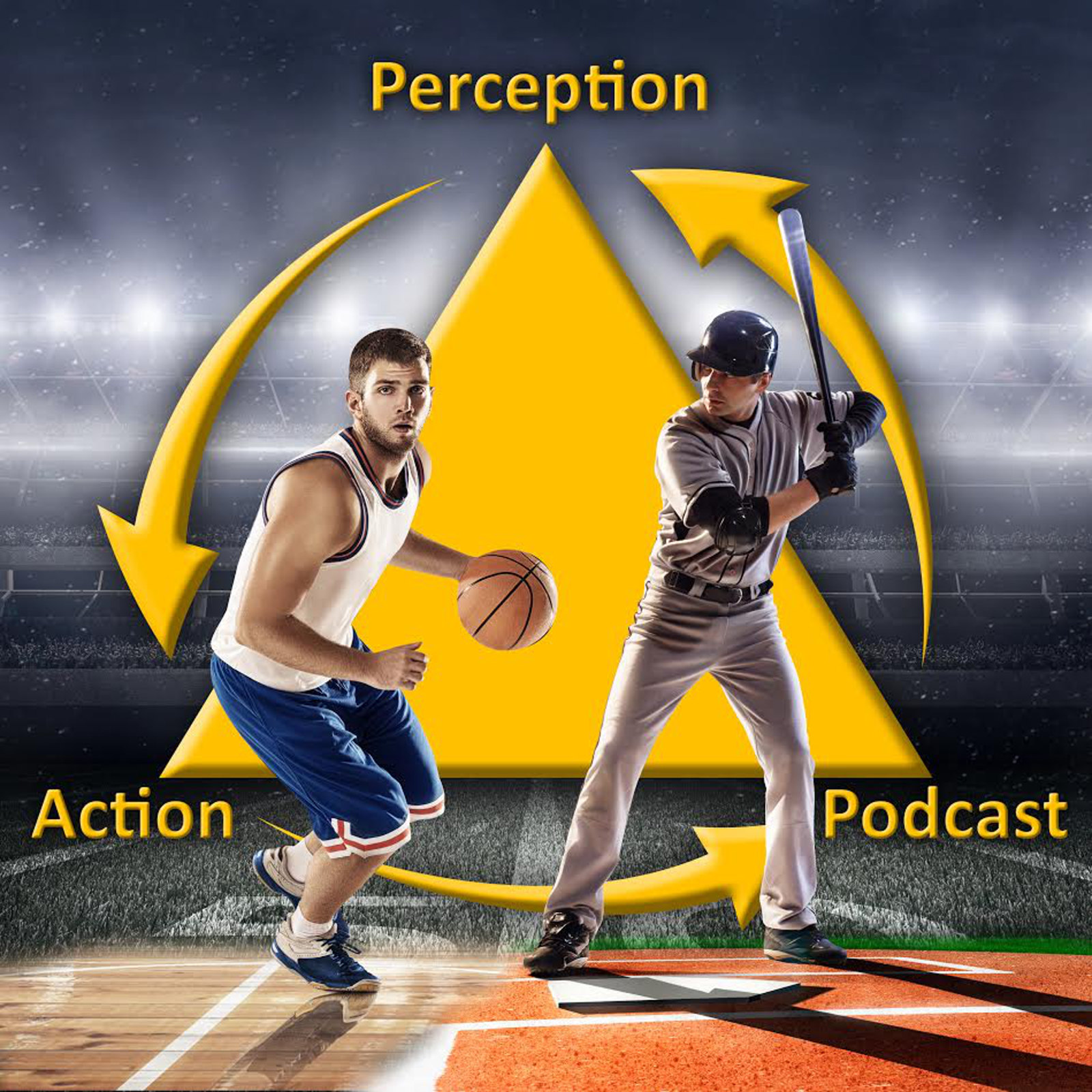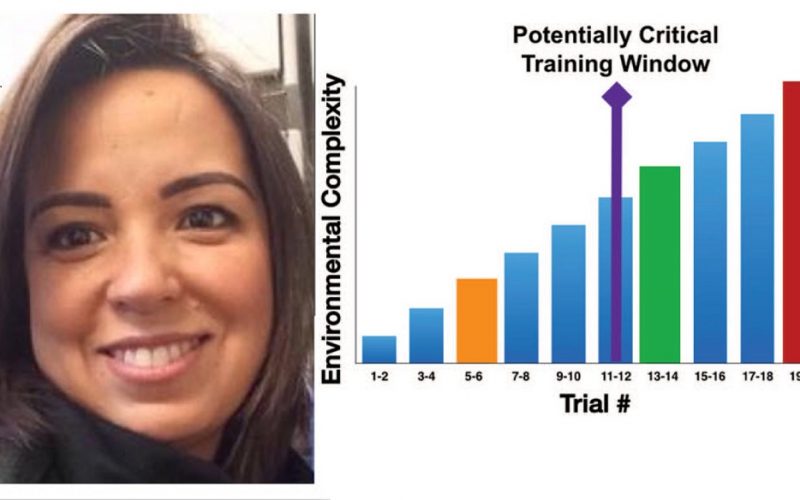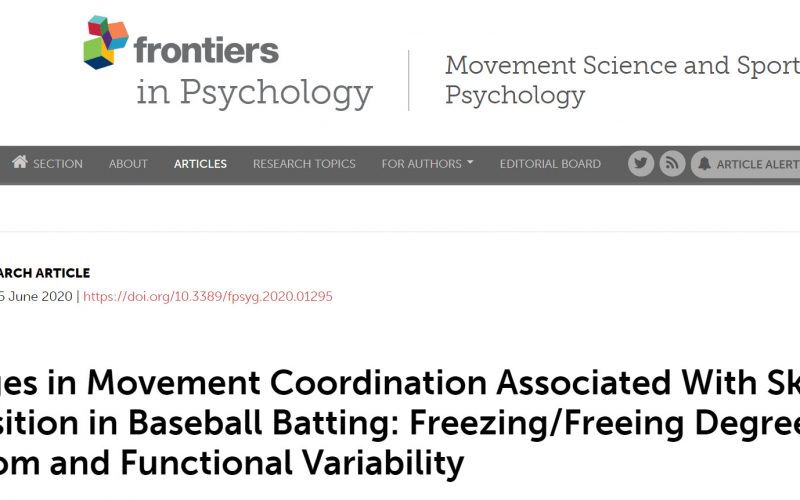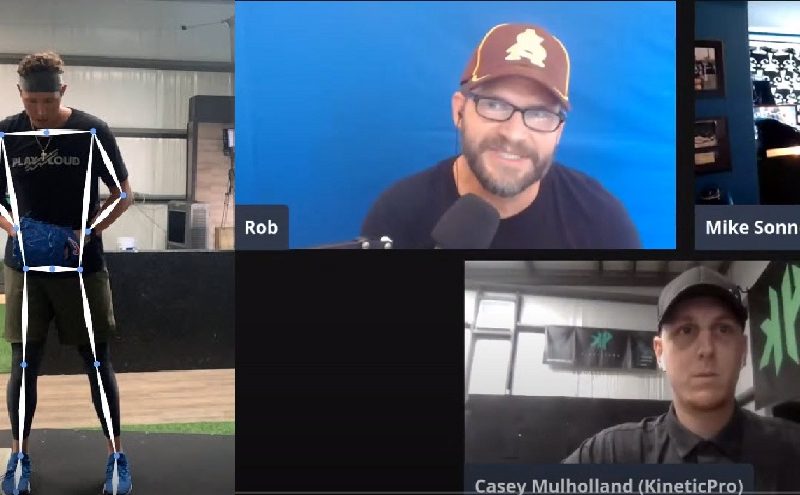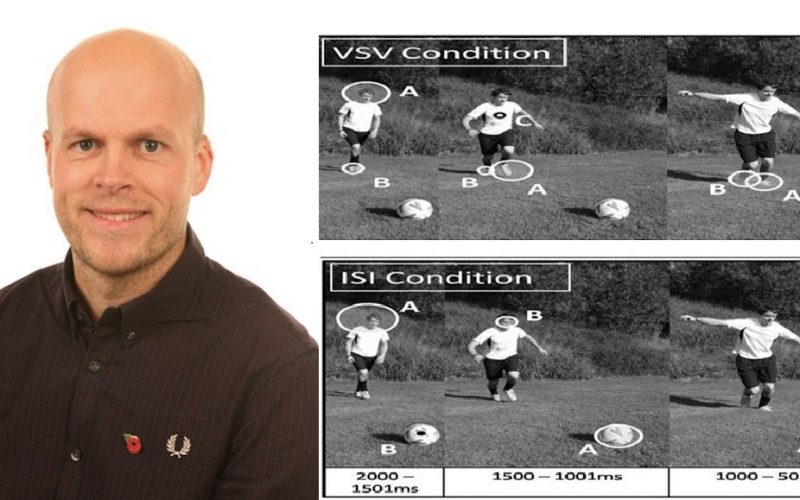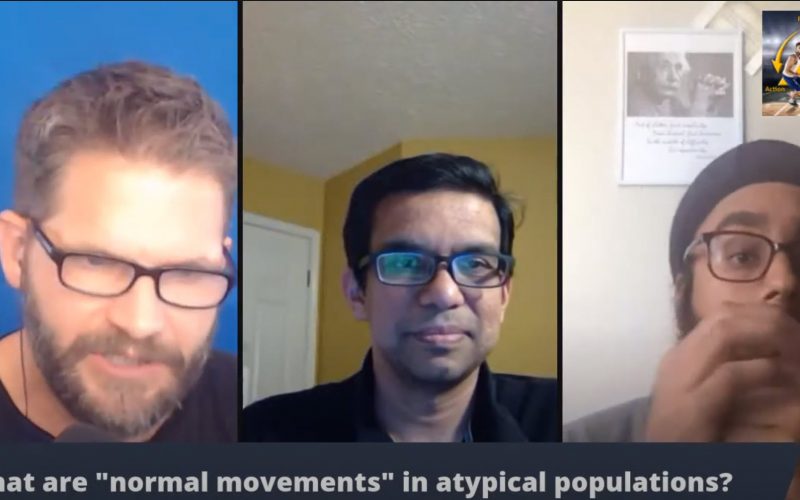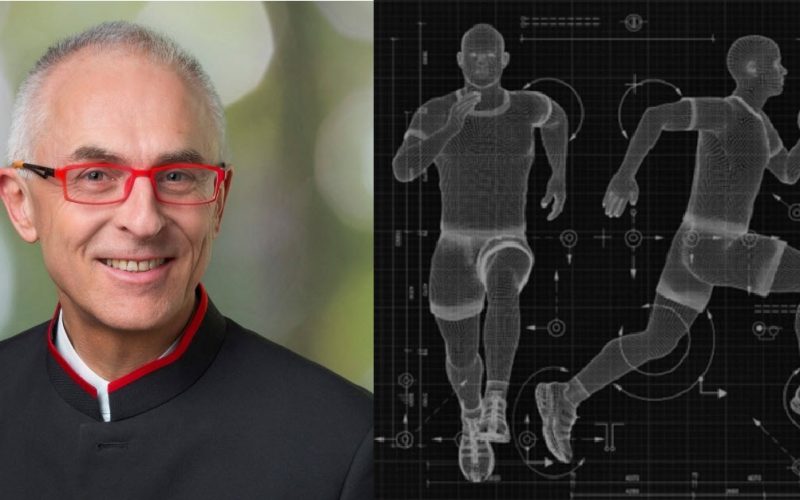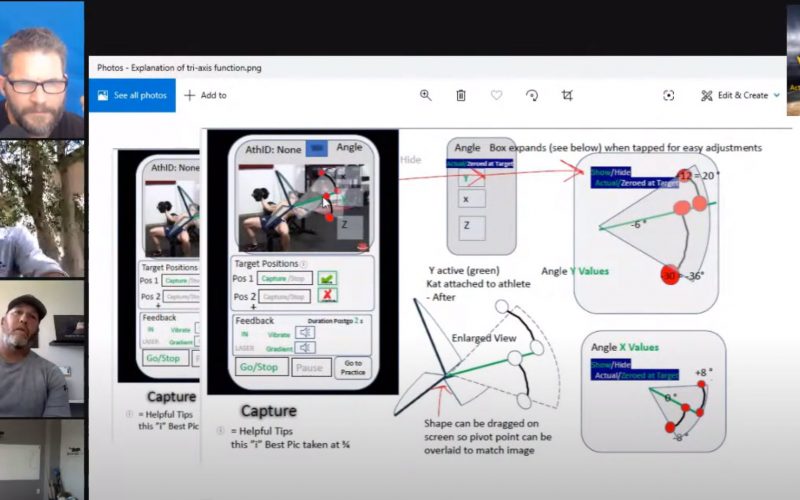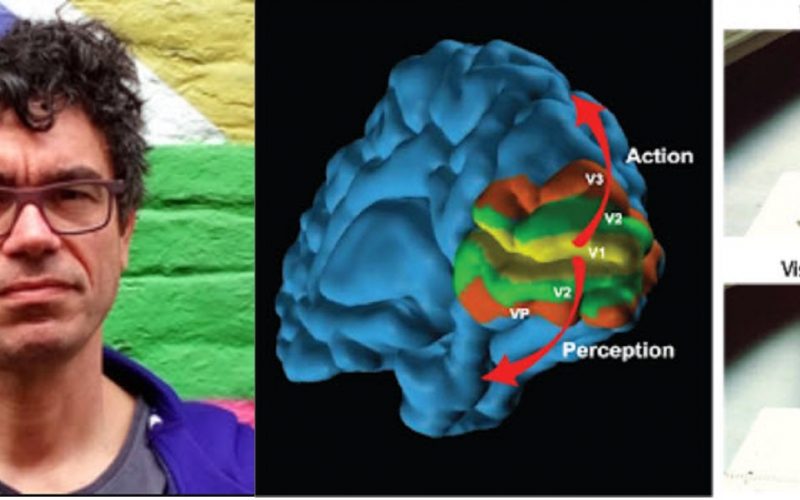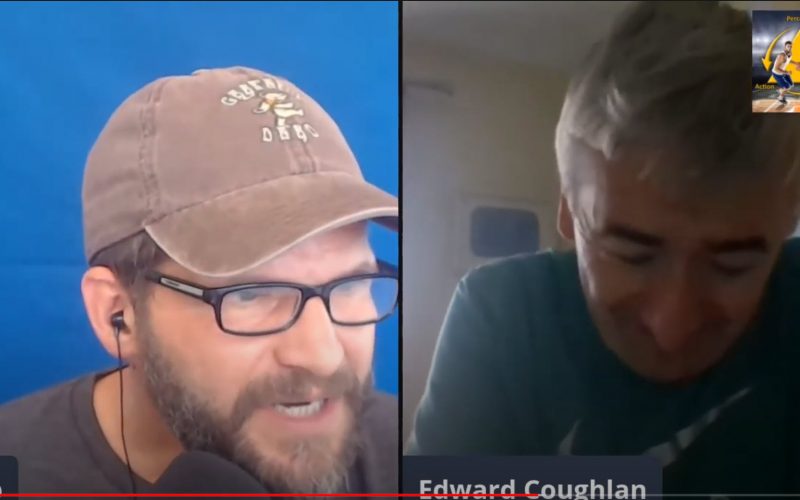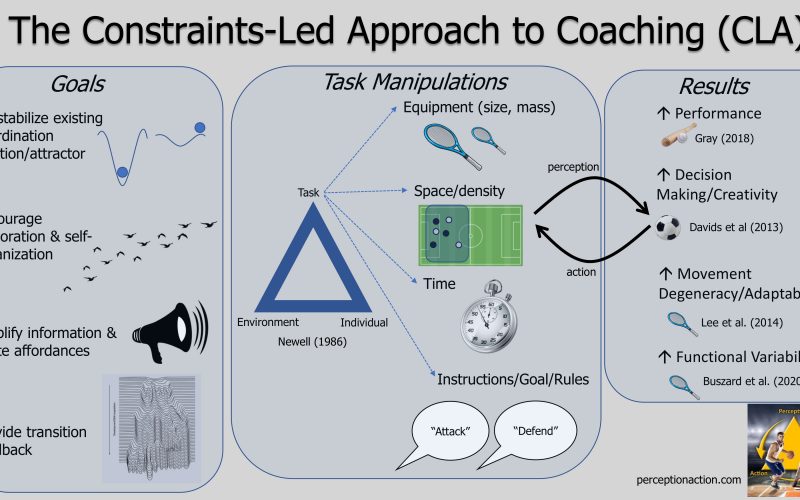308 – Interview with Paula Silva, Cincinnati, Anti-fragility, Movement Adaptability, Dynamic Touch
308 A discussion with Paula Silva from the University of Cincinnati. How can stress help a performer adapt and grow? What is anti-fragility? How do we measure and it and train it? How can it be used to challenge an athlete at the right level? What is dynamic touch and how is it important for…
Read More